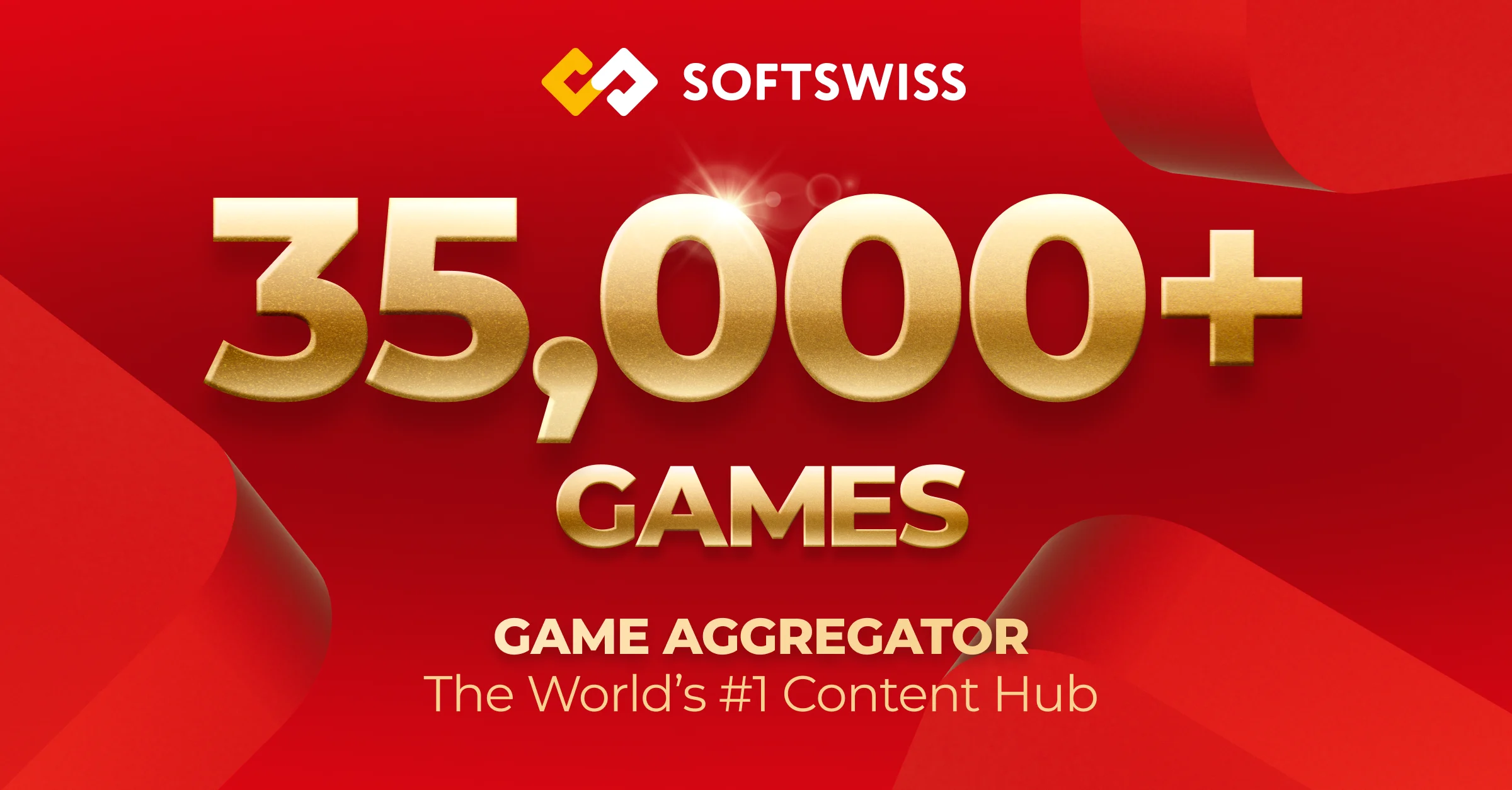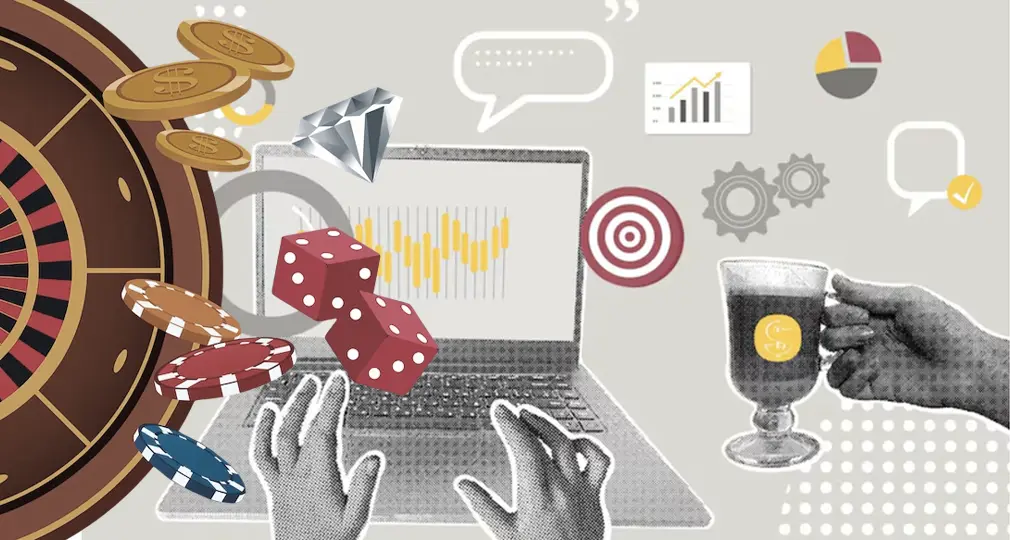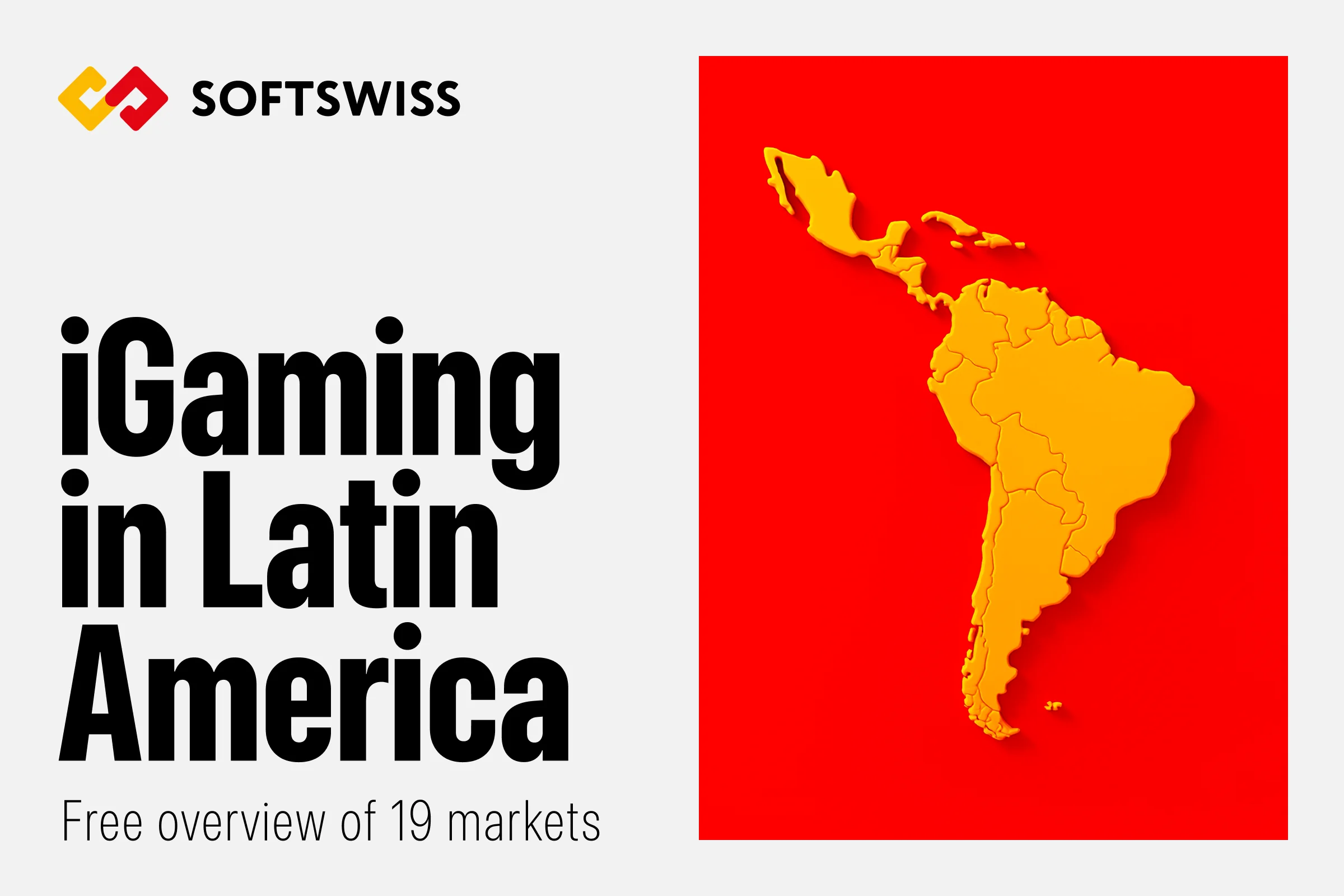The gambling industry entertains people all over the world, but except for enjoyment, there’s another side of such time-spending activity – problem gambling. The self-exclusion is the most popular way to prevent gambling addiction. However, it has a lot of pitfalls and doubts from operators whether it is really effective, which is much discussed in gambling news and studies.
Šimon Vincze, Responsible Gambling Projects Manager at Casino Guru, provided his opinion on the self-exclusion option importance in the gambling industry.
The majority of countries with a regulated gambling market adopt the self-exclusion tool. Does it really help to fight against problem gambling?
The self-exclusion option is an industry standard in most regulated and even some unregulated markets. The main purpose of the tool is to be immediately effective in interrupting gambling activities. However, the details of the self-exclusion process are the important factors here, including the possibility of revoking self-inclusion, blocking marketing communication, and access to further problem gambling help. Self-exclusion is supposed to create a barrier to prevent further gambling harm, but the process of self-exclusion is implemented in different ways and some implementations are less effective than others.
The core aspect of creating this barrier is a relative certainty that the player will no longer be able to gamble online. This might not be realistically achievable in the current digital world due to the amount of easily accessible gambling opportunities. Furthermore, even if players manage to quit gambling for a certain amount of time, once this period is over, there is a high probability that they will continue with the same habits that led them to self-excluding.
There is quite solid scientific agreement that self-exclusion needs to be followed by some sort of treatment in order to achieve the desired change in gambling habits, especially for problem gamblers. However, there are other reasons why people self-exclude, so it’s not always possible to apply a generally effective approach to each situation.
There’s an opinion that self-exclusion doesn’t always help in cases of gambling addiction, and it’s just the removal of liability from the operator. How can you debate this opinion?
Liability in relation to preventing gambling harm and how it affects addiction has shifted over the years. The eyes of the regulators, the public, and practically everyone in the industry are now on operators. I am convinced that this is the right approach because you should act when you see bad things happening, especially, when you have the clear evidence and sufficient power to do so. Operators have the power to act and the possibility to collect evidence, so it has become a matter of compliance, ethics, and social responsibility.
The same applies to self-exclusion. There is a big difference between creating a minimal viable option for players to self-exclude themselves, and actually doing the best for your program to be reliable and effective. Adopting evidence-based practices or creating a strong link to problem-gambling-help organizations are good examples of going the extra mile.
Nevertheless, we should not forget that there will always be a certain amount of liability that remains on the shoulders of the player. As outlined above, additional treatment is crucial for self-excluded problem gamblers, with actions towards recovery needing to be based on the individual will of the player.
In what market is the highest level of self-exclusion tool usage? And what measures should be taken for the popularization of self-exclusion among gambling addicts?
This is difficult to answer due to the lack of a unified set of statistics from multiple markets. Individual operators occasionally publish statistics on the number of self-exclusions among their players, with countries like the UK or Sweden doing that on their nationwide schemes as well. There was a recent report from EGBA that showed the statistics from more than 16 million customers. This report showed that more than 5% percent of players, who gamble, in five leading companies across Europe, have self-excluded themselves in 2020.
Even though this report has no data from years prior to 2020, other sources show that the number of players using this self-limiting method is on the increase. This is a good sign, and I believe this is because of the active promotional efforts of responsible stakeholders in the industry. There is currently a shining example of this through a campaign Talk Ban Stop in the UK, which promotes self-exclusion. The main idea is wrapped around three stages in an attempt to interrupt problem gambling. The first is to realize that there is a problem and to talk about it, followed by blocking devices from being able to access gambling websites, and then self-exclusion from all gambling operators with a UK license.
What do current self-exclusion programs across all jurisdictions lack? What can be improved to make them more effective for players who suffer from gambling addiction?
As previously mentioned, the effectiveness of a given self-exclusion method is based on several factors, so it is hard to create a general and effective model for all jurisdictions. On top of that is the reliability that the player will not be able to gamble online anymore. Notably, current jurisdictions lack this level of reliability to a certain extent due to the lack of an international scheme.
Players are currently able to self-exclude on two levels. Firstly, exclusion at the gambling operator with whom they have an account. This exclusion can possibly extend to other connected brands but is not always guaranteed. Other gambling operators will have no idea about their currently enforced self-exclusion and will let them play. There is already a solution for operators with the same license, as some countries have already implemented license-wide self-exclusion schemes. These have proven quite effective within a single jurisdiction, although may represent some challenges.
Even though operators licensed in a specific country of residence may not let the excluded players play, there are hundreds of offshore operators who will. And even if these providers want to be socially responsible, there is no current way for them to be aware of the player’s self-exclusion. Statistics show an increase in offshore online gambling in well-regulated markets, as well as that a considerable number of license-wide self-excluders continued to gamble on other sites.
To try to overcome this gap, we have created an initiative for global self-exclusion that would cover all online gambling operators in the world. The process of collecting feedback and opening discussions with other industry stakeholders is almost over and we are currently working on a detailed description of the scheme.
What should users pay attention to first to understand if the operator can guarantee responsible gambling?
The overall reputation of the gambling operator is important, and being able to rely on fair treatment and responsible gambling features is the baseline. Users can try to look for reputable websites that run deep checks on gambling sites and then do some research on how those sites handle player complaints. Players should also understand the basic principles of online gambling and be aware of responsible gambling practices. Each individual plays their role in avoiding problematic gambling.
In terms of responsible gambling itself. It’s a good idea to find out if the gambling site has available self-limiting options. Features like maximum deposit or maximum time spent gambling are solid tools for managing play. The aforementioned self-exclusion is one of these tools and can be very handy at times when a break is required.
Furthermore, more and more online gambling sites are required to have player monitoring tools that assess behavior and make conclusions on the risk of problematic gambling. These systems can inform players about objective gameplay factors, or can give comparisons with other players. Additionally, most operators with these systems are required to take action in preventing gambling harm, so it might be good to know that someone is keeping an eye on you.
What strategies should operators apply to save their GGR and ensure that responsible gambling is in place at the same time?
Perhaps, an outlook can be provided to change the perspective of responsible gambling measures, currently seen as an additional cost and a burden on business. Firstly, making profits from problem gambling is not a sustainable way of doing business. Yes, it can bring considerable revenue but only for a short period of time as the player will exhaust their budget and most probably do a lot of harm to themselves and others. Terrible stories and increases in problem gambling are damaging the entire industry, resulting in a negative public image and increased restrictions being imposed.
On the other hand, profiting from gambling implemented in a manageable and responsible way may be lower scale, but will remain for a longer period of time. If a player spends money on gambling as a way of entertainment, there is a high probability that they will return to it in the same way as other casual activities with the same cost. Less problem gambling means more legitimacy for it than to become a form of entertainment with less intervention from authorities.
Continual focus on responsible gambling and reductions in gambling harm is a good business strategy for the future. If gambling operators can find a way to look at profitability and responsible gambling as a joint strategy, online gambling will become a more sustainable market for everyone.
What are other approaches and tools to minimize the number of gambling addiction level in the world?
Reducing gambling addiction itself is a complex topic that requires scientific discussion, but there are many tools that can definitely contribute to the reduction of gambling harm. Software that blocks access to gambling sites is a good example.
Some jurisdictions have introduced mandatory gambling limits, such as the amount that can be deposited per month or maximum wagering limits. Most of these have been a reaction to the surge in online gambling among populations during COVID-19, with the goal of reducing possible gambling harm. There have been heated debates about the effectiveness of mandatory restrictions, as it is impossible to create limits that are suitable and effective for everyone; however, the argument that dissatisfied players will shift their play to unlicensed providers has not yet been clearly validated.
Another tool that helps to make sure players do not overspend their budget is the ‘affordability check’. This procedure verifies that a customer has enough income to justify their higher spending. A traditional way of doing an affordability check was for players to provide proof of income through bank account statements or validated paychecks, which might be inconvenient or unacceptable to some. There are also tools that can calculate affordability through personal and publicly accessible data, which might represent a more convenient way.
The ability to easily switch gambling sites is currently one of the biggest challenges for responsible gambling. Domestic license holders remaining competitive with the rest of the world is an important factor for keeping players in a zone where regulators can protect them.
Read more: Best iGaming Aggregators












